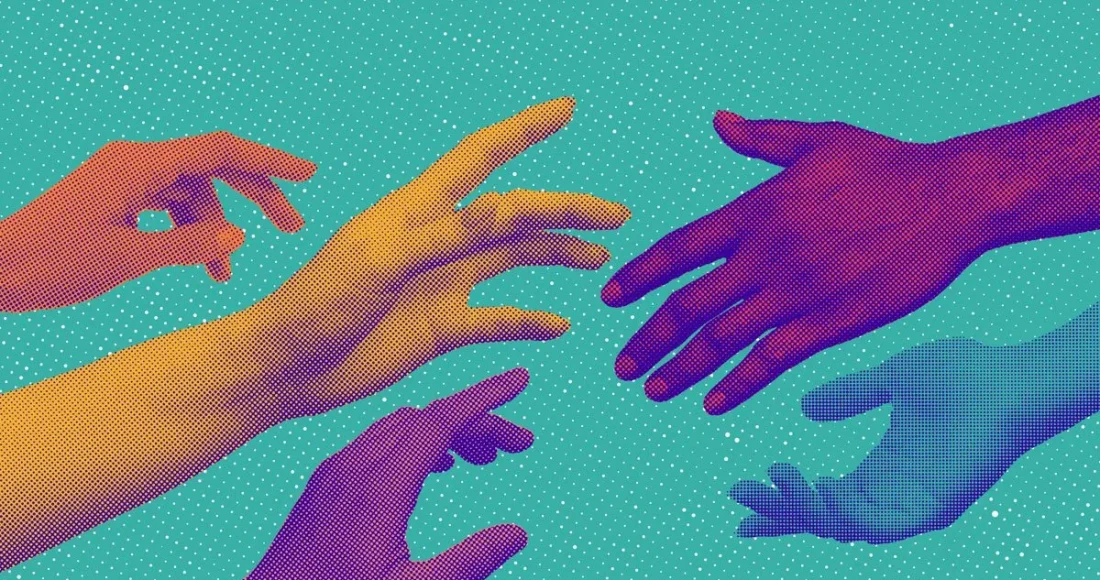Society is more than just a collection of people living together—it’s the foundation of culture, identity, and human progress. It shapes how we communicate, work, build relationships, and define what matters in our lives. Yet, in recent decades, society has been changing faster than ever. Technology, globalization, shifting values, and social challenges have reshaped how communities function and how individuals fit into the bigger picture.
Understanding these changes is essential, not just for sociologists or academics, but for anyone seeking to thrive in today’s rapidly evolving world. By looking at the forces driving societal transformation, we can better navigate these changes, strengthen our connections, and build a more balanced future.
Technology and Its Impact on Human Interaction
Technology has become one of the most powerful forces reshaping society. Smartphones, social media, and instant communication have made it easier than ever to stay connected—but not always in ways that strengthen communities.
On one hand, technology allows people to communicate across continents instantly, build online businesses, and access endless information. Movements for social change, from environmental activism to equality campaigns, gain traction quickly thanks to online platforms.
On the other hand, overreliance on digital interaction can weaken face-to-face relationships. Studies show rising feelings of loneliness, especially among younger generations, despite being more “connected” than ever online. Social media, while powerful, often promotes comparison and anxiety, creating a paradox where people feel less fulfilled despite constant virtual engagement.

Finding balance is crucial. Technology should be used as a tool to enhance real-life connections, not replace them. Communities that thrive today often blend digital tools with in-person interaction, using online spaces to coordinate events, share resources, and build awareness without sacrificing the human touch.
Shifting Values in a Globalized World
Globalization has made the world more interconnected, influencing economies, cultures, and even personal values. Exposure to different perspectives has increased understanding and tolerance in many areas, but it has also challenged traditional norms.
Generations today are redefining concepts like work, family, and success. While older generations may have prioritized stability, ownership, and long-term careers, many younger people value flexibility, travel, and experiences over material possessions. Social movements advocating for diversity, sustainability, and mental health awareness reflect a growing shift toward values that prioritize well-being over purely economic success.
These changing values are reshaping everything from workplace culture to politics. Employers are adjusting to remote work demands, brands are held accountable for ethical practices, and communities are finding new ways to balance tradition with progress.
The Role of Community in a Modern Society
Despite rapid technological and cultural changes, the need for community remains as strong as ever. Humans are social beings, and our well-being is deeply tied to the connections we form with others. Yet, modern life can make building those connections harder.
Urbanization, busy schedules, and digital lifestyles often lead to isolation, even in densely populated areas. Traditional support networks—extended families, local groups, and neighborhood ties—are less common in many places. As a result, people are seeking new ways to create a sense of belonging.
Community-based initiatives, from coworking spaces to local events and volunteer organizations, have grown in importance. These spaces provide opportunities to meet people, share skills, and form relationships outside of work and social media.
Challenges Facing Modern Societies
While progress brings opportunities, it also creates challenges that affect how societies function and grow. Some of the most pressing issues include:
-
Economic Inequality – The gap between the wealthy and the poor continues to widen, even in developed nations. This fuels social tension and makes upward mobility harder for many individuals and families.
-
Mental Health Crisis – Rising rates of anxiety, depression, and burnout highlight the emotional toll of modern life. Stigma surrounding mental health is slowly fading, but access to care remains a major hurdle for many communities.
-
Cultural and Political Polarization – Social media and partisan media have amplified divisions, creating echo chambers where opposing views rarely meet. This polarization can weaken communities and stall progress on critical issues.
-
Climate Change and Sustainability – Environmental concerns are no longer abstract; they directly affect communities through extreme weather, food insecurity, and health risks. Societies must balance economic development with sustainability to ensure a livable future.
-
Aging Populations – In many countries, birth rates are declining, and populations are aging rapidly. This shift creates new challenges for healthcare, pensions, and workforce dynamics.
Addressing these issues requires collective effort. Governments, businesses, and individuals all play a role in creating sustainable, supportive, and inclusive societies.
Building a More Connected and Resilient Society
Even in the face of challenges, there are ways individuals and communities can contribute to stronger, healthier societies.
-
Strengthen Local Connections
Get involved in local initiatives—community centers, volunteer programs, and neighborhood projects help build real connections and make a tangible difference. -
Promote Open Dialogue
In a polarized world, conversations across differing perspectives are essential. Listening, empathy, and collaboration help bridge divides and create solutions that work for more people. -
Prioritize Mental and Physical Well-Being
Healthy individuals create healthier communities. Investing time in self-care, supporting accessible healthcare, and encouraging open discussions about mental health can transform societal well-being. -
Embrace Sustainability
Making eco-friendly choices, supporting sustainable businesses, and advocating for environmental policies ensure that future generations inherit a livable world. -
Leverage Technology for Good
Use digital tools to organize, educate, and build positive communities—without letting them replace authentic human interaction.
The Future of Society: Adapting to Change
Society is always evolving, but the pace of change today is unprecedented. As artificial intelligence, automation, and global challenges reshape economies and cultures, adaptability will be key. Individuals and communities that embrace learning, flexibility, and collaboration will be best equipped to thrive.
Future societies may be more globally connected yet locally rooted, blending technological advancement with a renewed focus on human relationships. The challenge—and opportunity—is to ensure that as we advance, we don’t lose sight of the values that make life meaningful: connection, empathy, and shared purpose.

Final Thoughts
Society is not static—it’s a living, breathing network of people, values, and systems constantly in motion. While modern life presents challenges like disconnection, inequality, and rapid change, it also offers incredible opportunities for growth, innovation, and unity.
By strengthening communities, adapting to new values, and using technology mindfully, we can create a society that not only survives but thrives in the face of change. Ultimately, the future of society depends on how we, as individuals, choose to connect, contribute, and care for one another.
In the end, society is us—and every action we take, no matter how small, shapes the world we live in.





